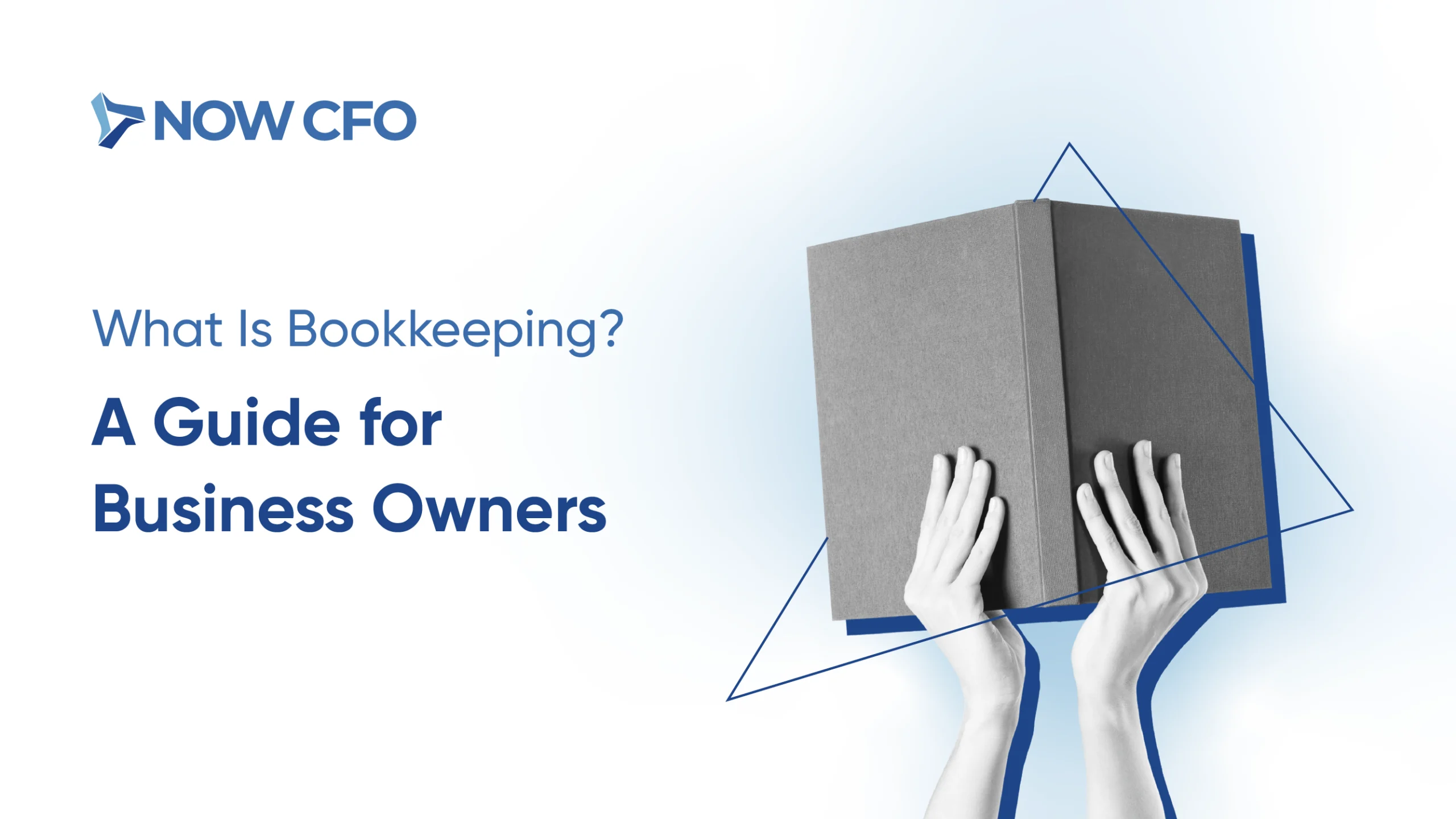
Challenges in Financial Reporting
Efficiently managing your business could not be done without some form of financial reporting. Business decisions are more easily made when supported by accurate, timely, insightful financial reports. However, many professionals face significant challenges in managing and reporting their business’ financial data. We’ll address the factors that cause these challenges as well as how utilizing a fractional accounting service can provide solutions.
Verifying Data in the Reporting Process
At the end of a financial period, accountants must perform an account reconciliation, ensuring that each account in the general ledger is consistent and accurate. This verification process benefits from internal controls, which are the procedures that a company puts in place to ensure financial integrity and accounting accuracy. Internal controls similarly help prevent fraud, support compliance with laws and regulations, and enhance the accuracy and timeliness of a company’s financial reports.
Some businesses may not have more than one dedicated accountant, or they lack sufficient separation of fiduciary responsibilities, both of which make financial data verification difficult. By using a fractional accounting service, financial duties can more easily be segregated. Third-party outsourced support can more objectively review financial reporting and procedures. Having an extra set of eyes on your numbers can additionally help to improve internal controls and reduce risk.
Aggregating and Preparing Data from Multiple Systems
Generating reporting becomes difficult if a business does not have a robust ERP in place, or if their different systems do not integrate well with each other. As a result, many accountants rely on tedious work-arounds—exporting data from individual systems, then importing it into a spreadsheet to be filtered and formatted to fit the business’ needs.
Relying on a manual process to generate reports tends to introduce errors into the data. Similarly, preparing data in this way is an inefficient use of the accounting team’s time. A fractional accounting service can help businesses implement a new system that better suits their reporting needs, such as an ERP that can pull real-time reports. For smaller businesses, a fractional consultant can simply help to apply processes to make data aggregation smoother.
Affording the Resources
For growing businesses, a system upgrade from QuickBooks to an ERP, for example, is a proactive measure to support growth and prevent problems down the road. For smaller businesses, however, a system implementation can be cost prohibitive. In addition to the initial costs of software, there are maintenance fees and system upgrades that can exceed a business’ budget.
Utilizing a fractional accounting service firm, such as NOW CFO, has proved to be a cost-effective option for many businesses. Specifically, NOW CFO lends outsourced consultants at CFO, controller, and operational levels, meaning that a business will never overpay for the level of accounting expertise they require. Business engagements are hourly and flexible, allowing clients to use the fractional consultant to complete specific tasks for which a full-time employee is not necessary. Our outsourced model helps businesses avoid high costs associated with recruiting, hiring, and turnover.
Handling External Changes
Financial reporting can also be affected by a company undergoing an external audit. An external audit helps to determine if a company’s financial statements accurately depict its financial standing. Without regular, ongoing maintenance and reviewing of accounting practices (as established by GAAP), an audit can be highly stressful. Additionally, an audit resulting in an adverse opinion can be detrimental to the company.
According to the SEC, auditors cannot both provide non-audit services and audit the company. Otherwise, they would be auditing their own prep work. When clients have issues such as insufficient accounting records, ineffective internal controls, or a lack of GAAP procedures, the auditor is limited as to what they can help the client with.
The best approach is to take preventative, proactive measures to ensure financial data is accurate before an audit ever occurs. Hiring a fractional accounting service—which does not need to be a CPA firm—to execute audit preparation can guarantee a successful outcome. An outsourced consultant can also work onsite with the client throughout the year to maintain accurate, timely financials. This saves tremendous amounts of time before an audit is required.
Get Your Free Consultation
Gain Financial Visibility Into Your Business
We provide outsourced CFO, fractional CFO, and temporary CFO, Controller, and operational Accounting services that suit the needs of your business.
- Hourly Rates
- No Hidden Fees
- No Long Term Requirements
NOW CFO provides the highest level of expertise in finance and operational accounting to accelerate results and achieve strategic objectives for sustainable growth and success.
After completing the form, a NOW CFO Account Executive will reach out and learn more about your needs so that we can pair you with the right Partner.
Learn More: Financial Reporting vs Management Reporting










